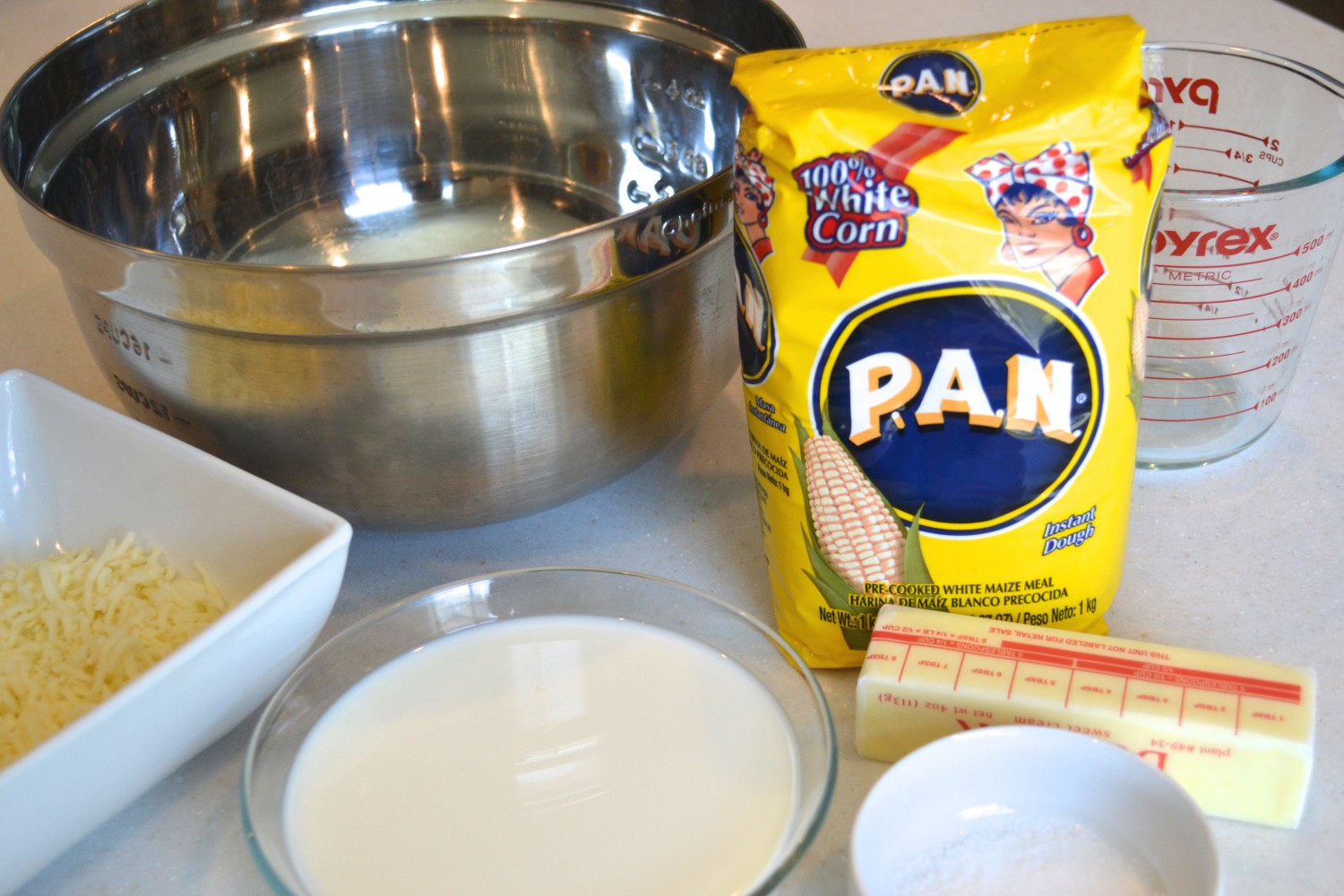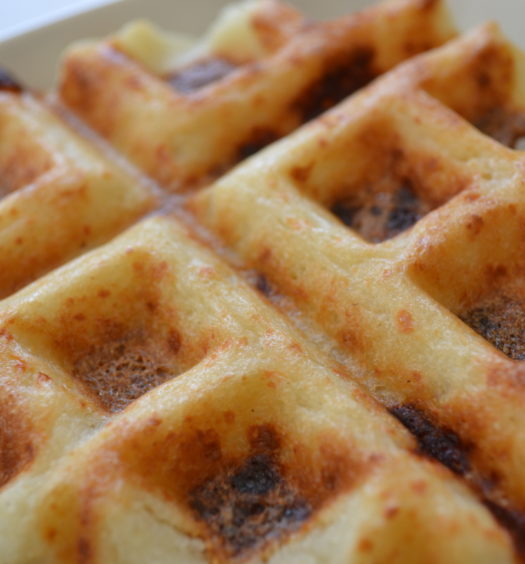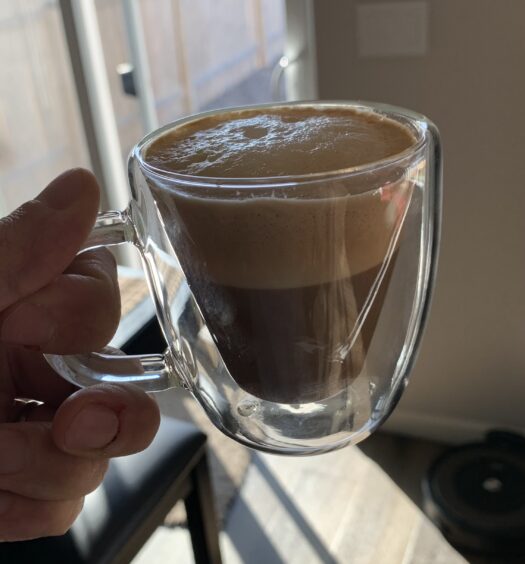Harina P.A.N. is a brand of cornmeal that is widely used to make arepas, a traditional food from many Latin American countries. The brand was founded in Venezuela in the 1950s and has since become a household name in the country and beyond.
The origins of Harina P.A.N. can be traced back to the 1950s, when a group of Venezuelan entrepreneurs decided to create a high-quality cornmeal brand that could be used to make arepas. At the time, arepas were a popular food in Venezuela, but the cornmeal used to make them was often of poor quality and lacked consistency.
The founders of Harina P.A.N. set out to change this by developing a cornmeal that was made from specially-selected varieties of corn and that was milled using the latest technology. This allowed them to create a cornmeal that was consistent in texture and flavor, and that was perfect for making arepas.
In the early 1960s, Harina P.A.N. launched its first product, a yellow cornmeal that was specifically designed for making arepas. The brand quickly became popular among arepa lovers in Venezuela, and it soon expanded to other countries in Latin America.
Today, Harina P.A.N. is a well-known and trusted brand that is used by millions of people to make arepas. The brand offers a range of different cornmeals, including white cornmeal and precooked cornmeal, to suit different preferences and cooking methods.
In addition to its cornmeal products, Harina P.A.N. also offers a range of other products, such as arepa flour and arepa mixes, that make it easy for people to make arepas at home. The brand also offers recipes and cooking tips on its website and social media channels to help people get the most out of their arepa-making experience.
Overall, the history of Harina P.A.N. is a fascinating one. From its humble beginnings as a small Venezuelan brand to its current status as a leading provider of cornmeal products, Harina P.A.N. has played a significant role in the evolution of arepas and continues to be a beloved and trusted brand among arepa lovers around the world.















